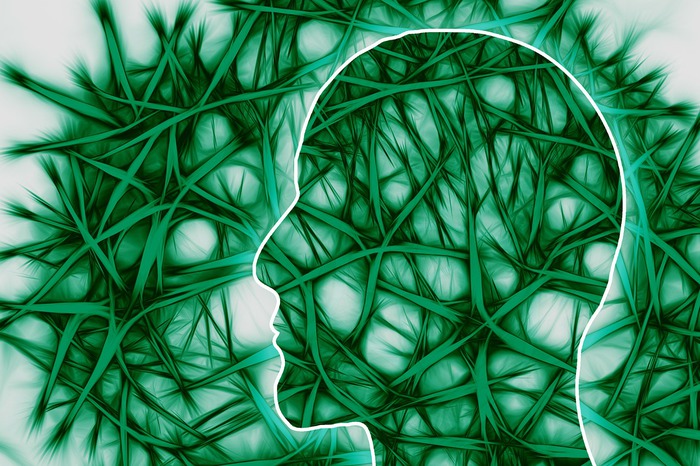It is the fault of a molecular tilt switch in the brain, if treatment with some antipsychotic drugs for schizophrenia can cause movement disorders such as tremors, slowing down and stiffness: turning it off is possible, as shown by a study conducted on mice by the Italian research group -American born of the collaboration between the Scripps Research Institute of Florida, the Ceinge-Advanced Biotechnology of Naples and the University of Campania 'Vanvitelli'.
The results, published in the Translational Psychiatry journal, may contribute to the development of innovative therapies to reduce the side effects of antipsychotics.
"These drugs are extremely effective in controlling delusions and hallucinations that prevent patients suffering from psychosis from a normal life", underlines Andrea De Bartolomeis, director of the Psychiatry and Psychology Complex Operating Unit of the Federico II University Hospital of Naples.
"Their adverse effects are generally tolerated, but in a non-negligible percentage of patients they are so disabling as to lead to discontinuation of treatment, with very serious consequences".
To find a solution to the problem, the researchers led by Srinivasa Subramanian and Alessandro Usiello examined the 'control unit' of the brain (known as the 'striatum') in the mouse where antipsychotic-induced motor disturbances are triggered: they thus found that to cause the short circuit is the hyperactivity of a molecular switch (the enzyme mTor) that goes haywire.
To deactivate it, the researchers successfully used a drug (called 'rapamycin') widely used against the rejection of transplanted organs.
"This is an important discovery, because it reveals a hitherto unknown mechanism that links psychic disorders to motor disorders - explains De Bartolomeis - and because it identifies a new target that we can hit to improve the tolerability of antipsychotic therapies".

